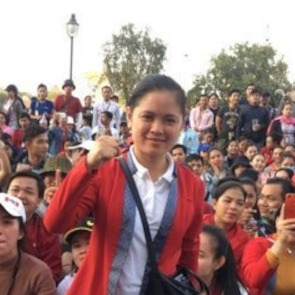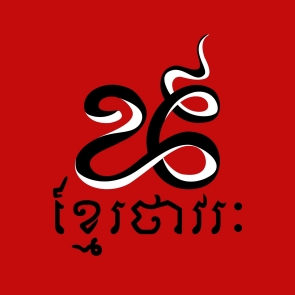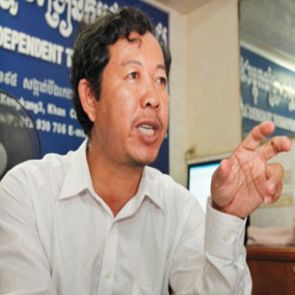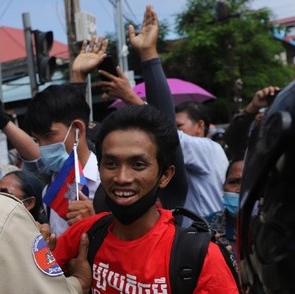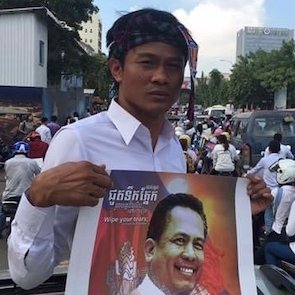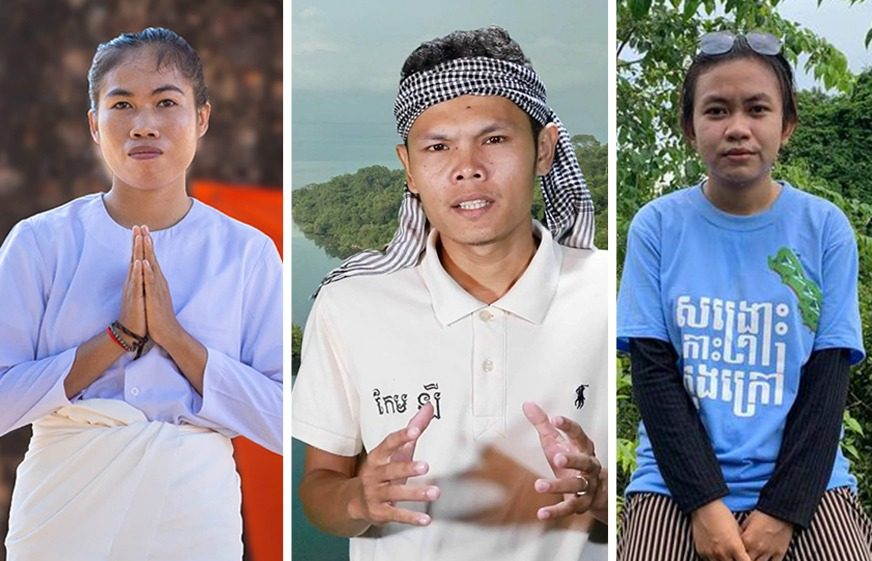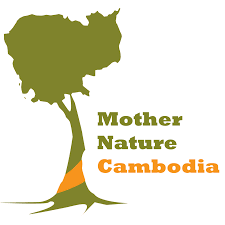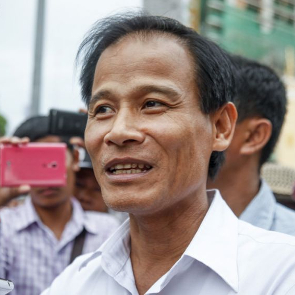#Cambodia
#Cambodia
Human rights defenders (HRDs) in Cambodia have been increasingly facing repression of the rights to their freedom of expression, freedom of association and peaceful assembly. HRDs, particularly those defending environmental and labour rights, along with independent media houses journalists and members of opposition political party have been the target of authorities in the recent months, with several arrests being made since late July 2020. Defenders have been placed under prolonged detention without bail before trial and pending verdict. With a shrinking space for civil society and growing intolerance for criticism, the government has sought to silencing any dissent with arrests and have been doing so with no accountability.
Civil society groups that work on justice and human rights, as opposed to social or health issues, generally face more state harassment. Environmental rights defenders put their lives on the front-line in the struggle against deforestation and illegal logging, as well as the corrupt practices surrounding Economic Land Concessions (ELCs). Many have been killed as they try to investigate a corrupt trade. Community activists protesting against land grabs and forced evictions have faced fabricated charges and jail terms.
The Cambodian authorities use legislation and the judicial system to restrict free speech, jail government critics, and disperse workers, trade union representatives and farmers when engaging in peaceful assembly. The 2015 Law on Associations and Non-Governmental Organizations imposes a range of restrictions on both domestic and foreign NGOs. Among other provisions, the law requires NGOs to register with the government and allows them to be shut down for undermining “national security,” “national unity,” “peace, stability and public order,” or Cambodian culture. Defamation and damaging the country’s image are widely used charges against HRDs and journalists. Under the 2010 Criminal Code, those who peacefully express views about political parties, government institutions or businesses risk criminal prosecution for defamation and spreading false information. On 30 April 2020, Cambodia’s Law on National Administration in the State of Emergency (also known as the ‘state of emergency’ law) was passed. This law provides the government with “extraordinary powers” in times of national emergency. Furthermore, the Cambodian Government is in the process of drafting a cybercrime law that will allow increased surveillance of internet users and free speech online.

